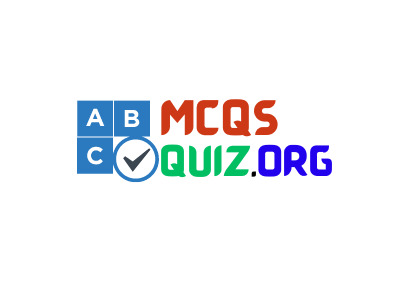Introduction
Islamiat, or Islamic Studies, is a fundamental subject in many competitive exams in Pakistan. It covers the basics of Islam, including its teachings, history, and key figures. Multiple Choice Questions (MCQs) in Islamiat help evaluate a candidate’s knowledge and understanding of the subject. This guide provides essential questions and preparation strategies to help you succeed in Islamiat MCQs for competitive exams.
Key Topics Covered
- Fundamentals of Islam: Pillars of Islam, articles of faith, and essential beliefs.
- Prophet Muhammad (PBUH): Life, teachings, and significant events.
- Islamic History: Important battles, treaties, and historical events.
- Quran and Hadith: Key verses, Surahs, and important Hadiths.
- Islamic Law (Sharia): Principles, sources, and applications.
- Islamic Culture and Civilization: Contributions to science, art, and literature.
Effective Preparation Strategies
- Thorough Reading: Study from authentic Islamic textbooks and reliable sources.
- Regular Practice: Solve past papers and sample MCQs to familiarize yourself with the question patterns.
- Making Notes: Create concise notes for quick revision, focusing on key points and important dates.
- Group Study: Discussing topics with peers can enhance understanding and retention.
- Stay Consistent: Regular study and revision are key to mastering the subject.
FAQs (Frequently Asked Questions)
Q1: How can I effectively prepare for Islamiat MCQs? A1: Focus on understanding the core concepts and teachings of Islam. Regular practice and thorough reading from reliable sources are essential.
Q2: Are there any recommended books for Islamiat MCQs? A2: Yes, some popular choices include “Islam: Its Meaning and Message” by Khurshid Ahmad and “Islamic Studies” by Dr. Israr Ahmad.
Q3: How important is memorizing verses from the Quran for Islamiat MCQs? A3: Memorizing key verses and understanding their meanings can be very helpful as they are often included in MCQs.
Q4: How should I manage my time while solving Islamiat MCQs in exams? A4: Practice solving MCQs under timed conditions to improve your speed and accuracy. Allocate specific time slots for each section.
Q5: Can discussing topics with peers help in preparing for Islamiat MCQs? A5: Yes, group study can enhance understanding, clarify doubts, and make learning more engaging.
Sample Questions and Answers
Here are a few sample MCQs to give you an idea of what to expect:
1. What is the first Pillar of Islam? A. Shahada (Faith)
2. Who was the first Caliph of Islam? A. Abu Bakr Siddique (RA)
3. In which year did the Battle of Badr take place? A. 624 CE
4. Which Surah is known as the heart of the Quran? A. Surah Yasin
5. What is the Hadith? A. Sayings and actions of Prophet Muhammad (PBUH)
Conclusion
Mastering Islamiat MCQs requires a combination of thorough knowledge, regular practice, and a deep understanding of Islamic teachings and history. By focusing on key topics, using reliable study materials, and practicing consistently, you can improve your chances of success in competitive exams. This guide aims to provide you with the necessary tools and strategies to excel in Islamiat MCQs.


